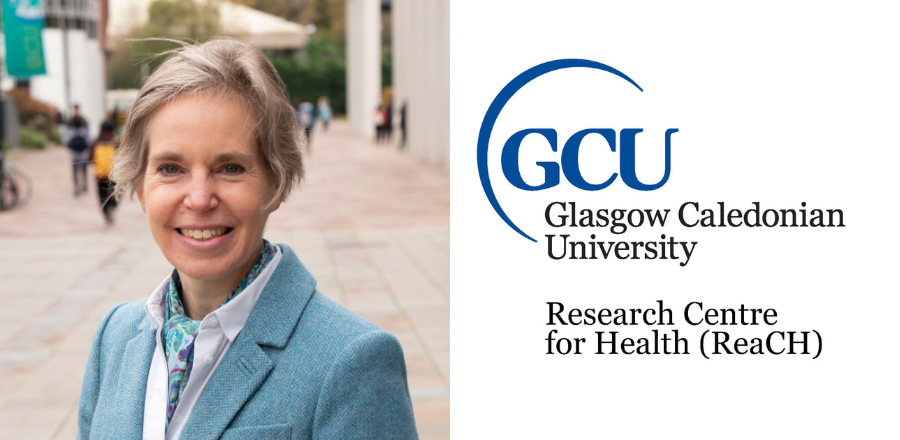GCU health researchers behind new stroke guidelines

Researchers at Glasgow Caledonian University have made a huge contribution to the new National Clinical Guideline for Stroke for the UK and Ireland, published today (19 April).
This guideline provides authoritative, evidence-based practice guidance to improve the quality of care delivered to every adult who has a stroke in the UK and Ireland, regardless of age, gender, type of stroke or location.
It is intended as a guideline for nurses, doctors, therapists and care staff who provide care to stroke patients and for those patients receiving care, their families and carers, and anyone else seeking to improve stroke care. The guideline is an initiative of the Intercollegiate Stroke Working Party.
Researchers from GCU’s School of Health and Life Sciences’ Research Centre for Health (ReaCH) Stroke and Neurological Rehabilitation Research Group (SYNERGY) made important contributions to the development of the guideline.
They include Dr Lesley Scobbie, Professor Lisa Kidd, Professor Maggie Lawrence, Gillian Capriotti, Dr Gillian Sweeney and Professor Frederike van Wijck.
Research papers published by a number of colleagues within SYNERGY, including Professor Marian Brady, Dr Pauline Campbell, Davide Corbetta, Dr Christine Hazelton, Megan Lloyd, Professor Dawn Skelton, Professor Todhunter-Brown and Professor van Wijck, were cited as evidence underpinning the guideline.
Professor van Wijck led the working party’s Long-Term Management Topic Group, which covered vocational rehabilitation, post-stroke fatigue management and further rehabilitation. She also contributed to the guideline as a member of the Arm Rehabilitation and Motor Impairment Topic groups.
Professor van Wijck, who is the ReaCH Co-Director, said: “I felt honoured to be invited to contribute to these influential guidelines on topics that matter so much to people affected by stroke.
“I am immensely grateful to all those who agreed to contribute to my Long-Term Management Topic Group, which comprised partnersfrom across the UK and Ireland, including people with the lived experience of stroke, colleagues from the NHS, the Scottish Allied Health Professions Forum, the Society for Research in Rehabilitation, the British Society of Rehabilitation Medicine, the Stroke Association, Different Strokes and Chest Heart Stroke Scotland, and other universities.
“Group members were absolutely committed to improving the existing guideline and willing to engage in lively discussions.
“I have learned a tremendous amount from the insights that they shared so generously. I am very proud of the Group’s achievements.”
She said they played a big part in improving the guidance relating to topics they specialise in and have helped to come up with new recommendations including -
- empower people affected by stroke more, e.g. by involving them more in shared decision making and goal setting.
- place more emphasis on psychosocial aspects of stroke care by focusing more on what matters to individuals, at a much earlier stage.
- provide better coordinated care involving health, social care, 3rd sector services and employers.
- ensure that healthcare professionals are provided with relevant education and training to enable them to provide the necessary evidence-based services.
Professor van Wijck added: “As a result, we have been able to expand the guideline considerably and we look forward to following up how this will impact on services and, ultimately, the experiences and outcomes of these services for people affected by stroke.”
